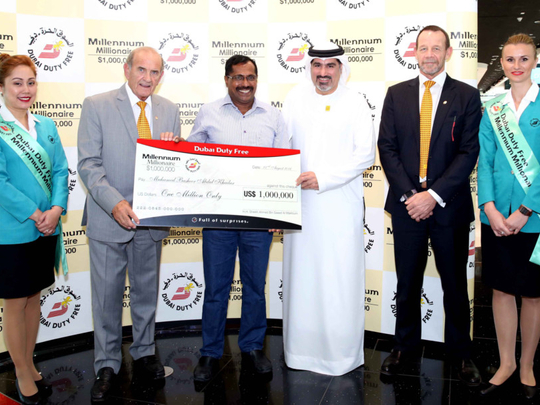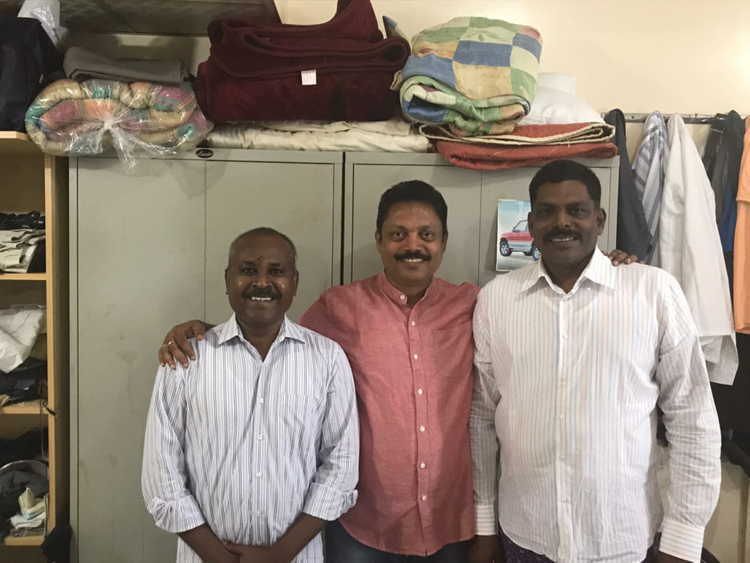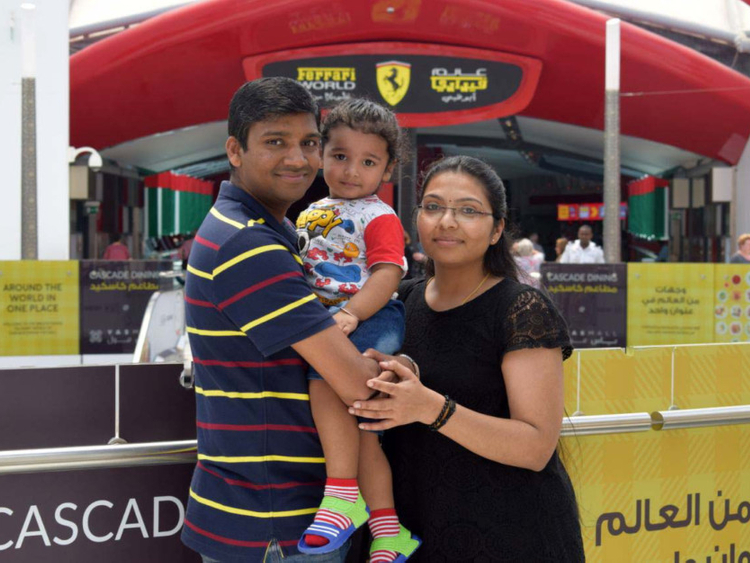
Dubai: It’s almost everyone’s wish — to win a million dollars or millions of dirhams in lotteries or raffles.
But if it did come true, what next?
UAE residents are no strangers to huge raffle winnings like in the Dubai Duty Free Millennium Millionaire, the Big Ticket, or the Dubai Shopping Festival draws.
For the first month-and-a-half of this year alone, more than Dh30 million have already been given away to lucky winners, with one resident pocketing a whopping Dh12 million at once.
Winning a huge sum of money can be a blessing to those who know how to handle money but it can also be a burden to those who spend like crazy. Such a windfall could therefore change lives for the better or for the worse.
Miranda said that, like with everything in life, careful planning is key to ensure that the prize money won’t grow wings and disappear.
Here are the top tips from the experts on how not to be a one-day millionaire:
Q: What is the first thing to do when you win in a lottery, raffle or get a reward like this?
A: Rejoice, but also pause and don’t get carried away by your emotions.
Mathews: “Financial advisers say sit on the money for a few weeks, maybe even months, before you decide how to spend it. The logic behind that is quite simple. Just as you are advised against dashing off that email in the heat of the moment, your judgement is not at its best in the aftermath of finding out you are now a millionaire.”
Miranda: “Don’t rush to spend the money. The bottom-line is to have a written plan — a budget. As you plan, remember this: ‘save, spend, and grow’. In your itemised budget, you should automatically set aside six months’ worth of savings or emergency funds, if you don’t have any yet. Then pay off all debt, if you have any. After that, appropriate a sum for your children’s educational fund and retirement fund.”
RELATED: How to make your savings count in the UAE
RELATED: 10 practical tips to jumpstart your savings in UAE
Q: What’s next after the cool-down period is over?
A: Concentrate on what you’d like to be in the future and use that money to lead you there.
Mathews: “Focus on the actual financial obligations that need to be paid, saved or set aside for, in order of importance, covering the big ones like buying a house or starting a college fund, to the more practical ones such as setting aside rent money for the next few years. No regrets can ever possibly come out of this step!”
“You may also fulfil your dreams [or that of a loved one] that had to be shelved due to financial obligations. If it’s feasible and viable, invest in it. Also, it never hurts to generate some good karma, right? Donate to [charity] or in a grass-roots initiative.”
Q: In terms of investments, payments or spending, what should they prioritise?
A: Invest in yourself first.
Miranda: “The best investment you can have is to invest in yourself by attending trainings and lectures on how to make your money work for you. Once you’re done paying off your financial obligations and setting aside your emergency funds, divide the remaining amount by 80 per cent that should go to your investments to grow your money for the future and 20 per cent should be your ‘blow’ or splurge money. The rule of thumb is to always set a limit to this and to never go overboard.
“For investments, if you want to park your money in speculative investments, those with a high degree of risk where the focus is on price fluctuations, allot only a maximum of 5 to 10 per cent of your investment fund. The rest can be invested in traditional investments, but be sure you understand where you’re putting your money first.”
Mathews: “Think about what kind of financial means will need to be in place in order to afford your dream lifestyle 20 years from now. Again, be very specific. Get as precise a ballpark figure as possible — ‘I will need DhXXXX a month.’ Knowing how much you will need to live that dream future will guide your investment and saving decisions as well.
“And after all of that, set aside a little [operative word, little] ‘mad’ money to actually live out everyone’s millionaire moment and indulge in mad, spontaneous splurging. That’s good for the soul too, I’m sure!”










